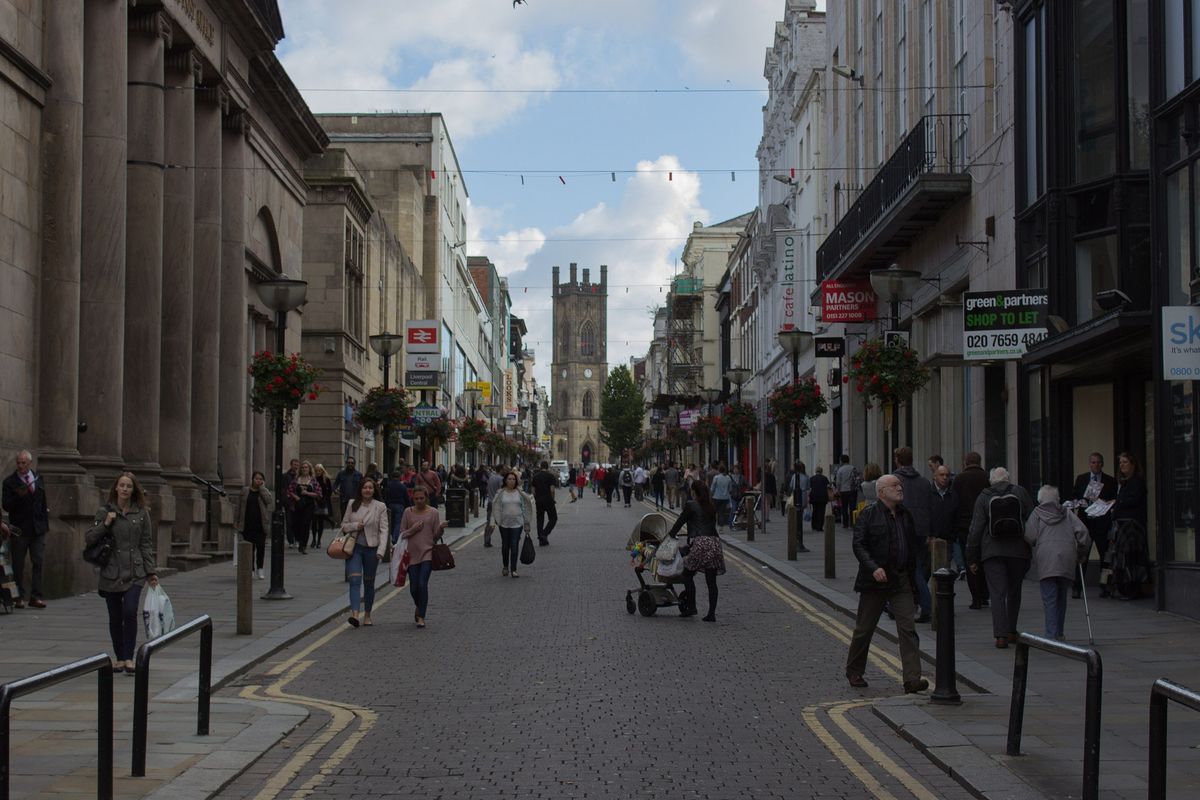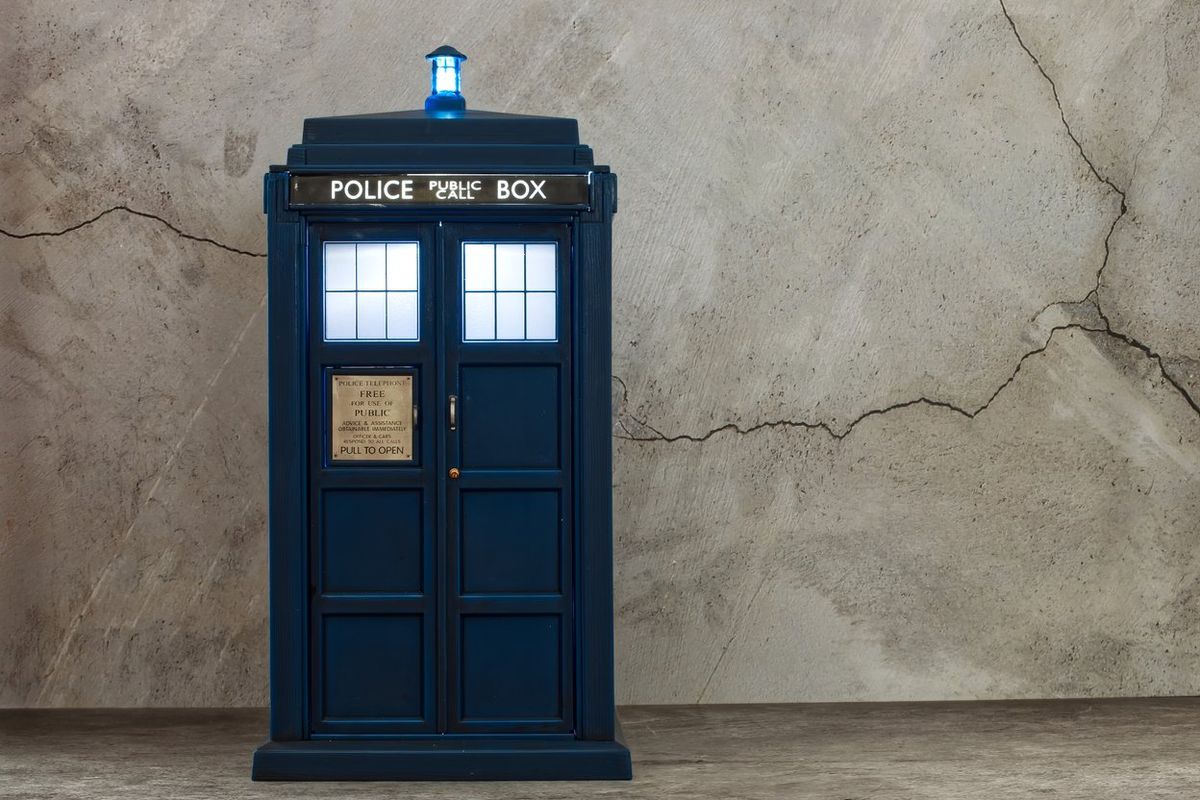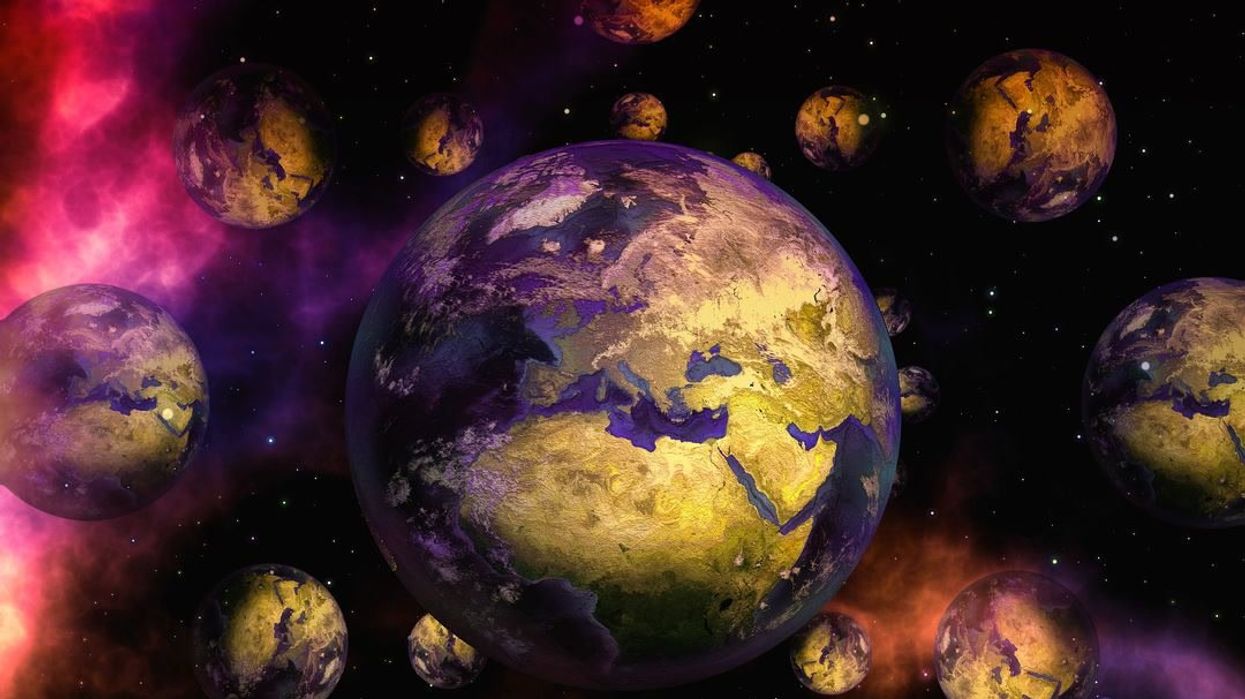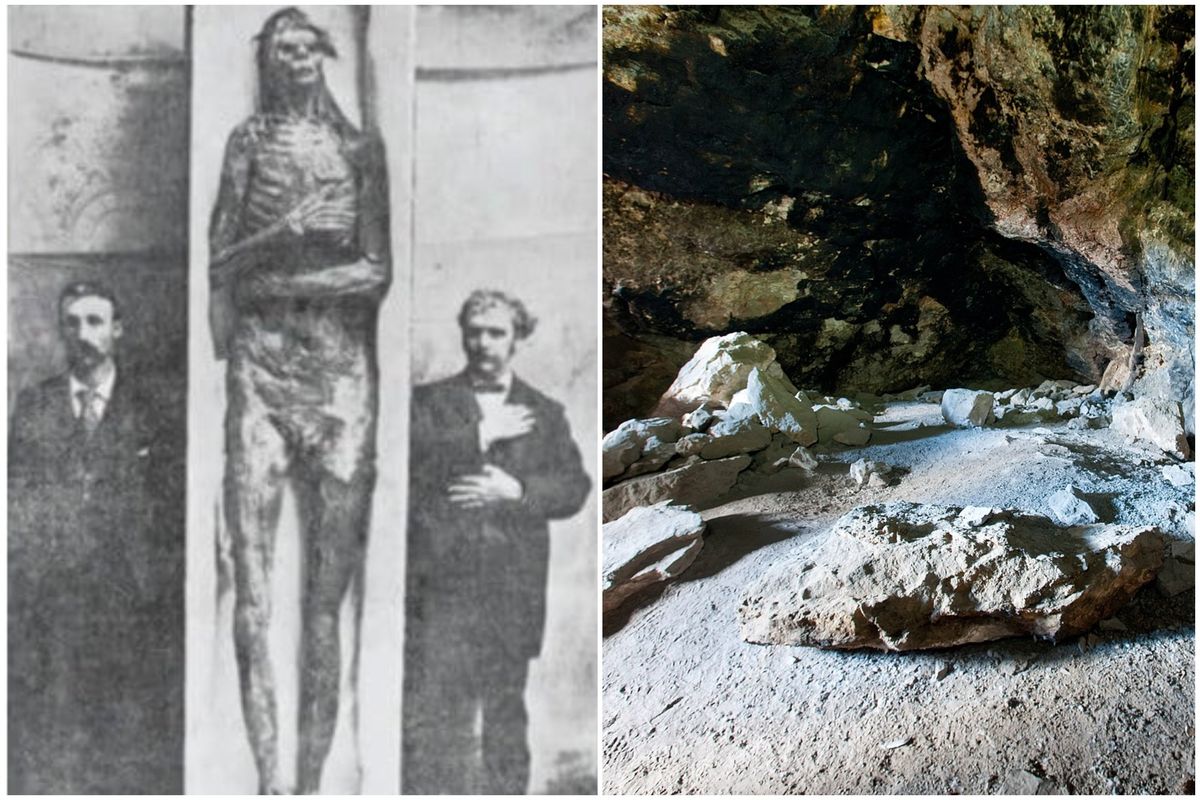Harriet Brewis
Jan 24, 2024
What If the Multiverse Was Real?
Underknown / VideoElephant
Humankind has always been fascinated with the fluidity, and potential malleability, of time.
From flux capacitors to tardises to glitches in the Matrix, we’ve long dreamt of fleeing down temporal rabbit holes.
And yet, over the years, there have been countless claims that people have escaped the space-time continuum, not in DeLorian’s or phone boxes, but through so-called “slips”.
Timeslips are, as the name suggests, snags in the fabric of time which send people tumbling across minutes, weeks, months or years, entirely accidentally.
Whilst these mysterious wormholes are, apparently, invisible to the naked eye, a street in Liverpool has shot to international notoriety as the alleged location of such a portal.
According to urban legend, numerous people have reported experiencing inexplicable time shifts while walking down a retail hotspot in the city called Bold Street.
In one such instance, recounted by The Guide Liverpool, a woman in the 1990s was walking down the street when she suddenly felt a “strange sensation” and noticed a dramatic change in her surroundings.
The road was now filled with horse-drawn carriages, people in Victorian-era dress, and old-fashioned shops, she later explained.
Eventually, so the legend goes, the woman found herself back in the present day – standing in the same spot on Bold Street, safe but shell-shocked.

And yet, such reports are nothing new, phenomena-watchers insist.
Speaking on the History Channel’s ‘UnXplained' series last year, Author Andrew Collins cited the example of two journalists who visited a shipyard in Hamburg, Germany, back in 1932.
According to Collins, the men called Jay Bernard Hutton and Brant found themselves in the middle of a major bombardment.
The pair fled as bombs “fell from the sky all around them”, but when they looked back from Hamburg to the shipyards, they appeared to be “intact and unharmed”.
Fast forward to 1943, at the height of the Second World War, Hutton read a newspaper report about an RAF raid that had just occurred on that same shipyard, Collins claimed.
“The description of the newspaper matched exactly what he'd seen on that day in 1932 and chilled him to the bone,” the writer added.
So what’s the difference between timeslips and time machines?
Well, according to historian Mark P. Donnelly, who was also interviewed for ‘The UnXplained’: “In a time machine, you have control over your comings and goings along the timeline.
“With a timeslip, one ends up in the future, or possibly the past, without any idea of how you got there or any control of being there.”

And how do the proponents of this accidental time travel theory explain how these slips occur?
The answer lies in something called inflation theory, and the idea of the multiverse.
This outlandish but, admittedly, compelling hypothesis suggests that an infinite number of universes exist along different paths in time.
Each one of these universes may have their own laws of physics, their own galaxies, and even their own intelligent civilisations.
Inflation theory centres on a hypothetical event that occurred when our universe was less than a second old.
In an unfathomably short amount of time, the universe "inflated" to become many orders of magnitude larger than its previous size, according to an explainer by NASA.
Inflation of our universe is thought to have ended about 14 billion years ago, Heling Deng, a cosmologist at Arizona State University and multiverse theory expert, told LiveScience.
"However, inflation does not end everywhere at the same time,” Deng added. "It is possible that as inflation ends in some regions, it continues in others."
In other words, this inflation may still be going on in some distant region of the cosmos, creating a sea of neverending inflation, filled with numerous individual universes, each with their own properties and arrangement of forces.

The most unsettling implication of this theory is the potential existence of doppelgängers.
If there really is an infinite number of universes, but a finite number of ways to arrange particles in any given one, then the same patterns are bound to repeat, eventually, as LiveScience notes.
That means that in some unfathomable place, there might be an exact copy of you going about your daily life just as you are now.
And because, in this hypothetical situation, there are an infinite number of universes, an infinite number of this exact scenario are all playing out simultaneously.
Therefore, if a portal existed between our own universe and one of these look-alikes then, in theory, timeslips could take place.
However, it’s important to stress at this point that there is no evidence that we are part of a multiverse, nor that timeslips could feasibly occur.
Instead, many commentators point to basic human psychology.

Firstly, they could simply be the result of altered states of consciousness, including hallucinations or intense reveries.
According to Medium, some researchers propose that certain psychological or physiological conditions can prompt individuals to experience a sudden shift in time and space, leading to the sensation of a “slip”.
Others suggest that the apparent phenomenon is simply an extreme form of déjà vu – a possible malfunction in the brain’s memory system.
In this case, rather than feeling that uncanny sense of familiarity, timeslippers feel as though they’ve been transported to a different point in time.
Whatever the precise cause of timeslips, one thing is for certain: they make for great anecdotes and, in the case of Bold Street, a great tourist attraction.
Sign up for our free Indy100 weekly newsletter
Have your say in our news democracy. Click the upvote icon at the top of the page to help raise this article through the indy100 rankings
Top 100
The Conversation (0)














